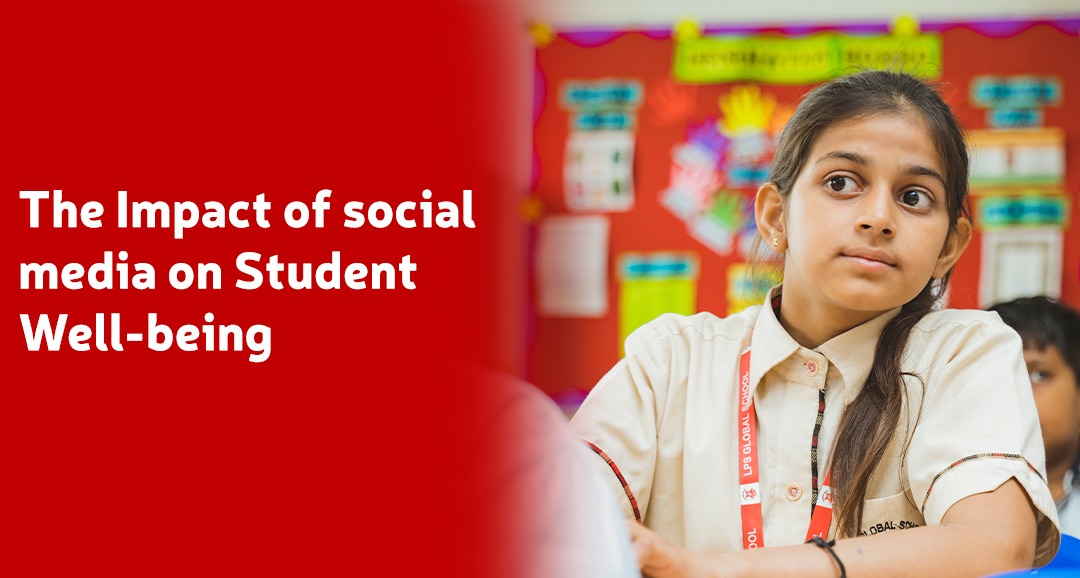With the advancement in society, our adolescents are becoming free to make their own decisions in every respect even if it’s about making food choices. Many adolescents experience an increase in appetite with the growing gush of energy in them and thus it’s become equally important for parents to provide them with healthy foods to meet their growth needs.
Nowadays unhealthy food choices have become easy to be made simply because such unhealthy foods are available, quick, and convenient. It is much easier to rip open a bag of chips and chug down a soda when hungry than it is to cut up vegetables and prepare a healthy dip.
We have brought some tips to assist youth to adopt healthy eating habits:
1. Have regular mealtime. Children generally respond well to consistency in routine. Don’t try to change their schedules frequently rather provide them with food regularly at a fixed time every day. Nutrition is supplied by a regular feeding mostly and in two ways. If your kid is in a habit of eating irregular meals then it can disrupt the body’s metabolism that controls our nutritional processes. Many of our bodies’ food-related processes are controlled by circadian rhythms, including appetite, digestion and metabolism. Proper meal time is essential to maintain this rhythm.
2. Limit screen time. Screen time is directly related to “mindless” eating. The more your kid will watch Television or spend time in playing video games and using a smartphone, tablet, or computer the more he will gobble up mindlessly without movement and the less time he will have for active stuff, like basketball, bike riding, and swimming. During this screen time, it goes unnoticed how much your child gobbles up which ultimately is unhealthy.
3. Keep track of your kid. Are you aware of what your child is eating away from home? It is said that 25 per cent of children ages 2 to 4 are in daycare 20 to 40 hours a week. Keep a check on the meals and snacks you are offering your child and also a track of what he is consuming outside. If he is in taking unhealthy meals away from home it will ultimately make it harder to control ingredients, calories, and portions. Kids can’t resist hunger. They’ll eat what’s available in the school canteen. So it’s better to keep a check and also provide extra healthy items to snack on when your child is outside.
4. Model a healthy habit. It goes without any doubt that your child learns food habits i.e., what to eat, how much to eat when to eat, where to eat from you. To encourage healthy eating in your kid you have to eat healthily. Kids often imitate their parents and follow the lead of the adults they see every day. Eat fruits and vegetables and do not overindulge in the less nutritious stuff, this will send the right message to your kid. Another way to be a good role model is to serve appropriate portions and not overeat. Also, remember that parents who are always dieting or complaining about their bodies may develop the same negative feelings in their kids. Always have a positive approach to food especially in front of your child.
5. Encourage Home Cooked Meals. Homemade is always the best. Encouraging your children to eat home-cooked meals every day will develop a lifelong healthy habit in them and thus may protect them from indulging unhealthy foods outside. You may restrict junk to once or twice a week but banning junk food completely is not suggested. Prepare healthy snacks like sweet potato wedges, sautéed veggies & cheese, whole wheat banana muffins, etc rather than serving home-cooked French fries, pizzas, sandwiches or burgers. Provide your teenager plenty of water to drink besides you may also provide some fresh juice for keeping himself hydrated.
At LPS Global School best school in Noida, we believe eating healthy is an important part of a healthy lifestyle and is something that should be taught at a young age. We also arrange for our students to find out about nutrition for themselves by providing teen-oriented magazines or books with food articles and by encouraging them and supporting their interest in health, cooking, or nutrition.




